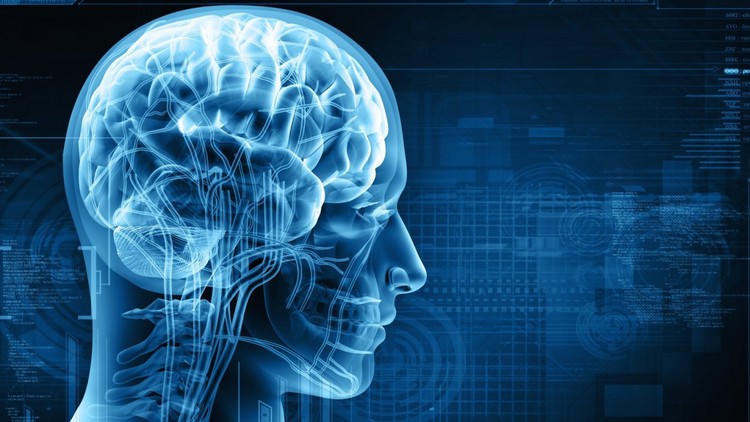
Ability to understand, use, and manage your own emotions in positive ways to relieve stress and communicate effectively
What you will learn
Self-awareness: Students may learn how to recognize and understand their own emotions, including the triggers and patterns
Self-regulation: Students may develop strategies for managing their emotions in healthy and productive ways, such as through mindfulness, meditation, or others
Social awareness: Students may learn how to recognize and understand the emotions of others, including nonverbal cues and subtle social dynamics.
Relationship management: Students may develop skills for building and maintaining healthy relationships, such as effective communication, conflict resolution
Stress management: Students may learn strategies for managing stress and preventing burnout, such as time management, prioritization, and self-care practices.
Description
Emotional intelligence (otherwise known as emotional quotient or EQ) is the ability to understand, use, and manage your own emotions in positive ways to relieve stress, communicate effectively, empathize with others, overcome challenges and defuse conflict.
Emotional intelligence can be broken down into several components, including self-awareness, self-regulation, empathy, and social skills.
Self-awareness is the ability to recognize one’s emotions, thoughts, and behaviors and understand how they affect oneself and others. It involves being honest with oneself about one’s strengths and weaknesses and being able to identify when one is experiencing an emotional reaction to a situation. Self-regulation, on the other hand, refers to the ability to control one’s emotions and behavior in response to different situations. It involves being able to manage one’s impulses and emotions and respond appropriately to different social situations.
Empathy is another critical component of emotional intelligence. It refers to the ability to understand and share the feelings of others. Empathy involves being able to put oneself in another person’s shoes and view the situation from their perspective. It also involves being able to communicate effectively and connect with others on an emotional level.
Finally, social skills are the ability to communicate and interact effectively with others. This involves being able to read social cues, communicate clearly and assertively, and build positive relationships with others. Social skills also involve being able to resolve conflicts effectively and work collaboratively with others.
Controlling emotional intelligence involves various techniques that individuals can adopt to enhance their emotional intelligence skills. These techniques include practicing self-awareness by taking time to reflect on one’s emotions and behavior, practicing mindfulness meditation to improve one’s ability to regulate emotions, and improving one’s social skills by actively listening to others and practicing effective communication.
In this course IIEEL have done extensive research to bring key EQ Tips of Daniel Goleman covered in following topics
1. Introduction and history of Emotional Intelligence concept
2. How to use Emotional intelligence from Theory to Practice
3. Various Scenario’s of Emotional Intelligence and EQ application
4. Summary and Conclusion
In conclusion, emotional intelligence is a critical skill that enables individuals to succeed in both personal and professional settings. By improving one’s emotional intelligence skills through self-awareness, self-regulation, empathy, and social skills, individuals can effectively manage their emotions, communicate effectively with others, and build positive relationships.
Content